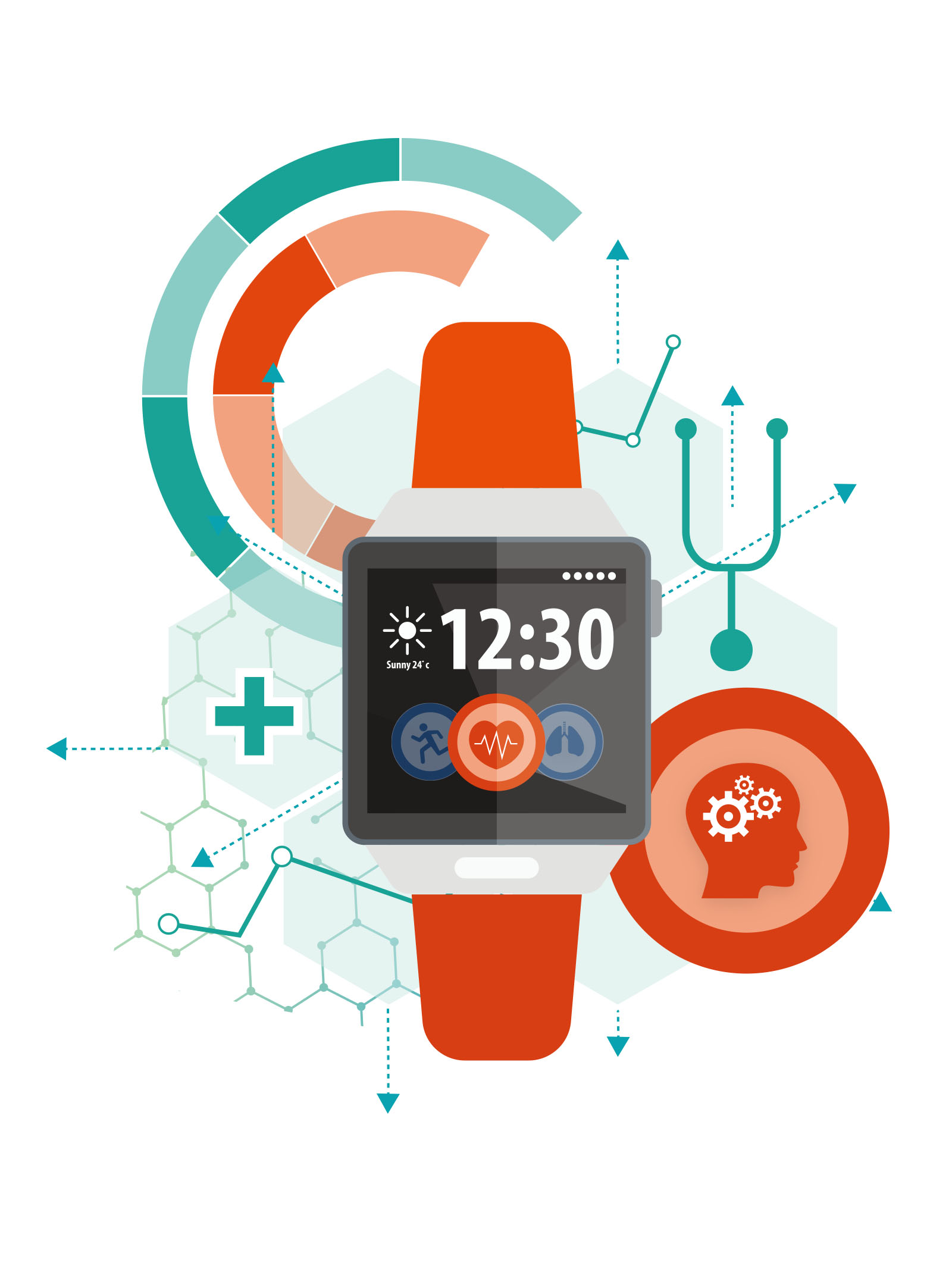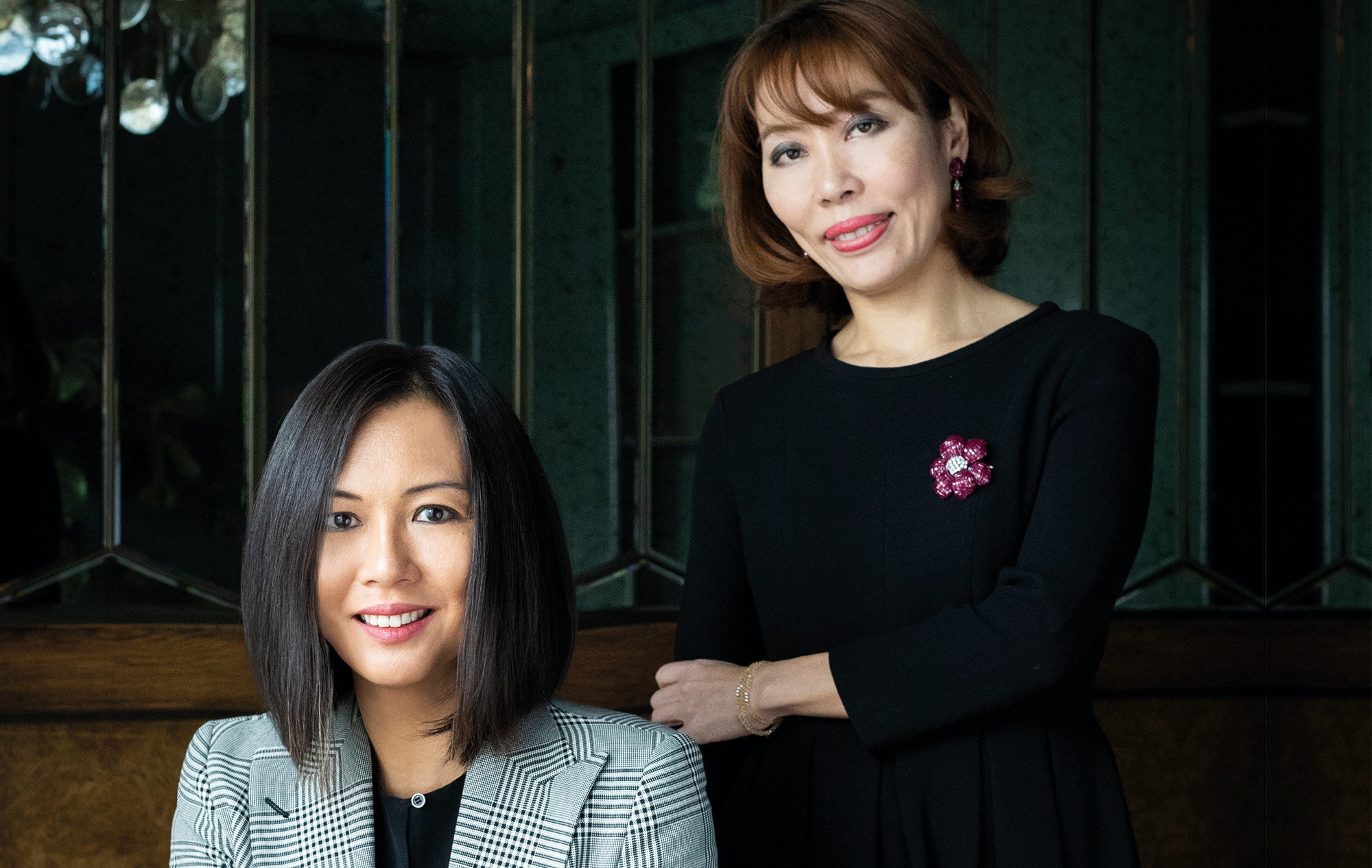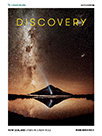Just in the past year, two major tech-world announcements came out of Tianjin. The first was in June, when the city said it was aiming to be ‘the first cashless city in the north’ of China by the end of 2017 as it set its sights on becoming a fully smart city. The municipality, just half an hour from Beijing by high-speed train, wasn’t completely doing away with old-fashioned notes and coins, but rather partnering with Alipay to ensure that the majority of vendors in the city, plus public transport and utilities, accept mobile payment.
Then, in January, online retail giant JD.com made international headlines with the announcement that it would be bringing a fleet of autonomous delivery vehicles to the streets of Tianjin by this summer, the first time its delivery drones, robots and unmanned vehicles will be used in public spaces. The move was the latest part of the northern municipality’s broader innovation offensive, similar to those currently gripping urban centres across the country.
Such innovation drives are taking place amid an attempt by the central government to further integrate the former treaty port with Beijing and neighbouring Hebei province. The development of the Jing-Jin-Ji region, as it’s been termed, comes with ambitious targets and dizzying figures: more than 850 firms from Beijing and Hebei have already established offices in Tianjin as part of the project, while US$36 billion is being spent on 1,100 kilometres of rail lines in the area in three years, including a massive intercity network to be completed by 2030. The goal is to leverage Hebei’s natural resources, Beijing’s knowledge and government institutions, and Tianjin’s port access and manufacturing to increase the region’s wealth.
The city already boasts one of the busiest shipping centres in the world and has long been an aviation hub, with Chinese companies joined by international players such as Airbus and Bombardier in hosting major operations there. The municipality’s higher education institutions are also important innovation players in China, with Tianjin University, Nankai University and Tianjin University of Science and Technology particularly prominent in the fields of drone technology, robotics and green energy.

The People:
Wei Jiancang
Tianjin-founded underwater scooter company Sublue made a splash with its products – as well as the two women hired to dress as mermaids – at Las Vegas’ Consumer Electronics Show in January. Having headed to the US with the hope of ‘building an internationally known brand’, according to chief executive and founder Wei Jiancang, the company received considerable attention for its range of autonomous underwater vehicles and underwater gliders.
The White Shark MIX may sound like a snack you’d buy at Sea World, but the company claims it’s the world’s smallest underwater scooter equipped with double propellers. Hold on to the small device, and it’ll have you moving through water without much effort on your part. That’s just for getting around, but Sublue’s underwater drone products can perform tasks such as checking bridges for problems and monitoring underwater security.
Since 31-year-old Wei founded the firm in 2013, Sublue has worked with military contractors and organisations such as the Chinese Academy of Sciences to tailor-make and operate underwater robots. But Wei says one of its main targets now is a different kind of customer. ‘Our plan this year is to open up and lead the consumer market for underwater drones and to expand our international operations – all while ensuring value for money and a rewarding experience for the customer,’ says Wei.
Based in Binhai New Area’s Zhongguancun Science Park, Sublue’s development in the city has been propelled by more than just its proximity to the sea, according to its founder. ‘A number of the leaders in Tianjin are amiable and easy to approach, there’s a lot of on-site support here and they’re slowly building up a strong collection of innovators,’ says Wei, who last year made the shortlist for China’s Youth Entrepreneurship Award. ‘The critical factor is the people – especially the innovators.’
The Product: Dr Watch 2.0
Billed as ‘your own private doctor’, Dr Watch 2.0 is one of China’s leading wearable health-tech products. In a sign of its increasing market importance, the device’s developer – Tianjin-based Oranger – signed a strategic investment agreement with electronics giant Philips late last year. Meanwhile the product itself has not only cleared a number of Chinese manufacturing approval processes but has also been certified by the Food and Drug Administration in the US.

At the forefront of the recent wave of wearable health tech in China, Dr Watch 2.0 monitors the blood oxygen levels, heart rate and sleep patterns of the user overnight, while also serving as a pedometer and BMI measurement tool when the wearer is active. The statistics are then collated into a mini-report that can be read via a smartphone app. This information can also be stored in a cloud or transmitted to other devices via built-in Bluetooth, making the watch popular among customers with elderly relatives as it allows them to monitor the wearer’s health status remotely.
One standout feature that other fitness bands on the market lack is the company’s partnership with hundreds of hospitals throughout China. The app can be used to book appointments with doctors, who may consult the data it has gathered.
At RMB 2,988, Dr Watch 2.0 is not cheap, and Oranger faces increasing competition. But with the growth of health tech in China, it certainly is a brand to monitor.
What to watch
Down on the farm
Food safety specialist Hong Yang incorporates big data and cloud technology to assess risk of animal disease on farms. The company is a key partner for Tianjin Binhai Hi-Tech Industrial Development Area’s forthcoming International Medical City.
Powerful chips
Phytium has been making waves in the world of microprocessors, including unveiling an industry first 64-core ARM processor in 2016. Its products are being used for VR/AR applications and cloud computing services, as well as in supercomputers.
No driver necessary
Originating from Tsinghua University, Tsintel Technology is exploring driverless vehicle projects. The company has announced plans to implement China’s first fully automatic shuttle buses at Tianjin’s scenic Dongli Lake and Huaming Hi-Tech Park.














